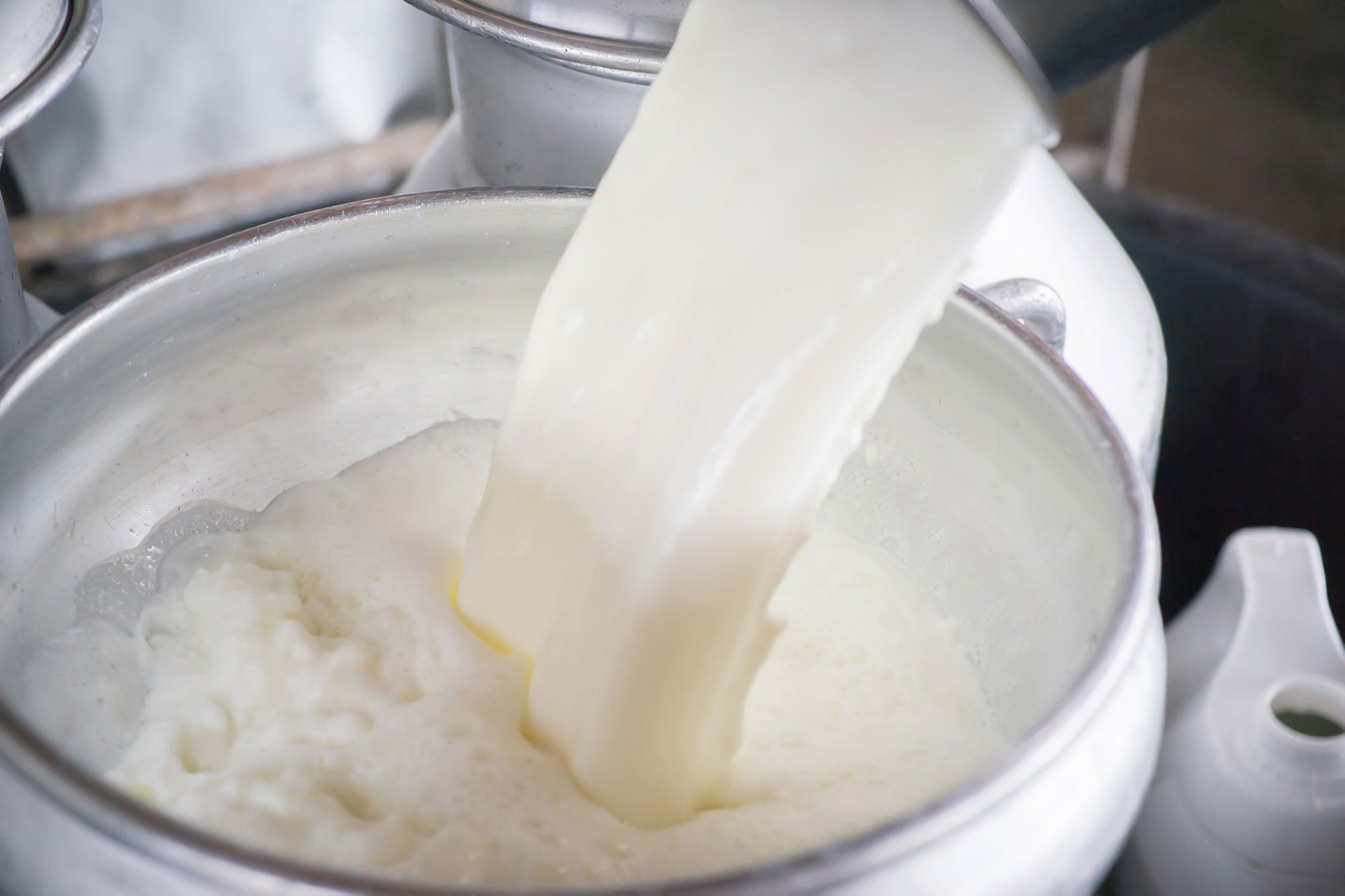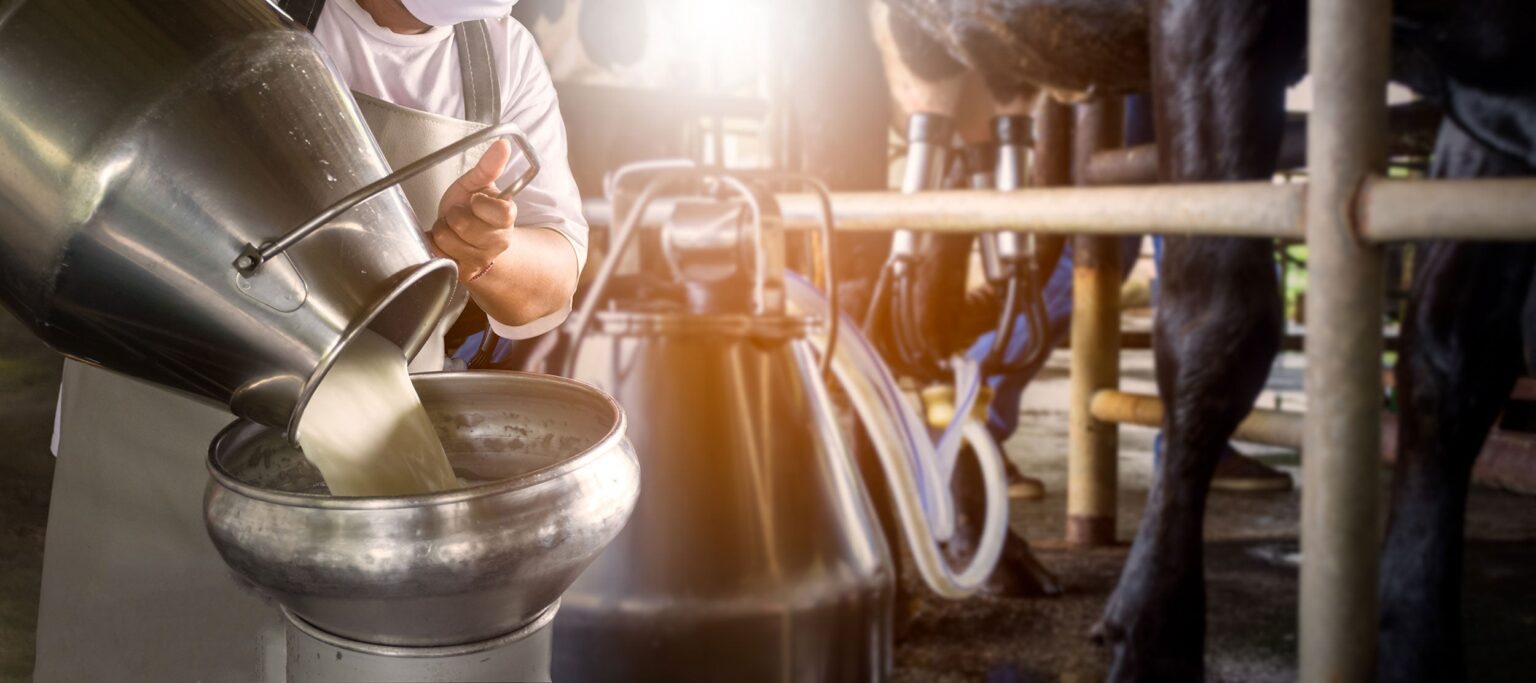Last year, Delaware officially legalized the retail sale of raw milk, joining 34 other states that permit some form of raw milk sales. Democratic Gov. John Carney recently signed the bill into law, allowing dairy farmers to obtain licenses to sell unpasteurized milk directly to consumers.
Supporters believe this move will provide a financial boost to struggling dairy farms, while opponents, including federal health officials, continue to warn about the risks associated with raw milk consumption.
According to the Delaware Department of Agriculture, the state’s regulations for raw milk sales are expected to be released around March 1, with a public hearing to follow. If the process moves smoothly, permits for dairy farms could be issued as early as May.
To qualify, farms will need to obtain a permit, implement a food safety management plan, and adhere to strict testing requirements. Among the contaminants that must be monitored is avian influenza, which was found in dairy cattle last year. Studies have shown that the virus can remain infectious in raw milk for up to five days in refrigeration, and some cats have died after consuming infected milk.
Initially, Delaware’s program will permit only the sale of raw milk, but regulations leave open the possibility of future expansion to raw milk-based products like cheese, yogurt, or ice cream.
In Pennsylvania, one of Delaware’s neighboring states, raw milk and cheese are already legal for sale with a permit, and a proposed bill in the Pennsylvania General Assembly seeks to expand that to include additional dairy products. Meanwhile, states such as New Jersey allow raw milk sales but restrict them to pet consumption.

The legalization of raw milk has sparked debate among lawmakers and the public. Proponents argue that unpasteurized milk offers nutritional benefits and gives consumers greater freedom of choice, while public health agencies, including the Centers for Disease Control and Prevention and the Food and Drug Administration, assert that pasteurization is necessary to prevent serious foodborne illnesses.
Sen. Laura Sturgeon, who voted in favor of Delaware’s raw milk law, expressed second thoughts during a recent budget hearing, questioning whether the product could truly be considered safe.
Delaware Agriculture Secretary Don Clifton reassured lawmakers that the program would be regulated as thoroughly as possible, stating that risk assessments from the CDC led him to believe the concerns were not significant enough to prevent legalization.
Sen. Eric Buckson, the bill’s lead sponsor, remains firm in his stance that Delawareans should have the right to choose. He noted that he personally travels two hours to Pennsylvania each week to purchase raw milk.
“It passed because of a strong belief that a natural choice handed over to Delawareans is a wise choice that can be regulated properly by the Department of Ag,” Buckson told Lancaster Farming.
Buckson and other advocates argue that regulation provides a safer alternative to consumers who might otherwise seek out unregulated sources.
As Delaware prepares to roll out its raw milk program, debate over safety and personal choice will likely continue. For dairy farmers, the law represents a potential economic opportunity, while consumers will soon have the choice to purchase locally produced raw milk under state regulations.


